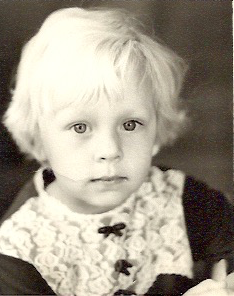
When the Berlin Wall fell in 1989, I was a high school student in Stuchka, a small Soviet town in the middile of Latvia named after Lenin’s colleague Petr Stuchka, who founded the Marxist Party in Latvia, served as the head of the Bolshevik government during Latvian War of Independence, acted as editor of major Latvian and Russian communist newspapers, and was the first president of the Supreme Court of the Soviet Union, among many other duties. His statue, once proudly towering near the House of Culture in my hometown, was hurriedly removed and the town renamed Aizkraukle,the historical local name of the hill used by the German knights in the Middle Ages. The changes that followed put everything in flux. I especially remember the year when our high school leaving examination in history was cancelled, because everyone then officially knew that the history we learned was wrong but the new history was et to be written. This moment of “in-betweenness” was both intimidating and exhilarating, and it was ultimately the moment that set the course for my academic and professional career. Straddling both Soviet and post-Soviet experiences, I became fascinated with observing, understanding, and reflecting on post-socialist transformations and their impact on our past, present, and future. Growing up in Soviet Latvia, I was a part of an ethnically diverse and bilingual family. I quickly learned to function in the “border zone” of different political, linguistic, and ethnic identities, easily moving in and out of spaces depending on particular circumstances and contexts. My identity became more complicated when I moved to the US to complete master’s and PhD degrees and then moved again to Central Asia and the Caucasus to begin my academic and professional career there. I found myself in a much broader “border zone,” which now expanded to include global, national, and subnational identities. In Central Asia, I was perceived as “one of ours” by my local colleagues because of our shared Soviet history and, at the same time, as a legitimate member of the international development community by “Western” colleagues because of my degree from an American university. As I moved “West” to become a university professor in the United States, my previous academic and professional experiences were quickly discounted as not “Western enough” so my tenure clock had to start from zero and my academic identity had to be rebuilt from scratch. Shifting between these different roles has been both fascinating and complicated. I always felt fortunate to be a part of the different “worlds” even though I knew that I never fully belonged to any of them. I always have been and continue to be at the “borders.”
